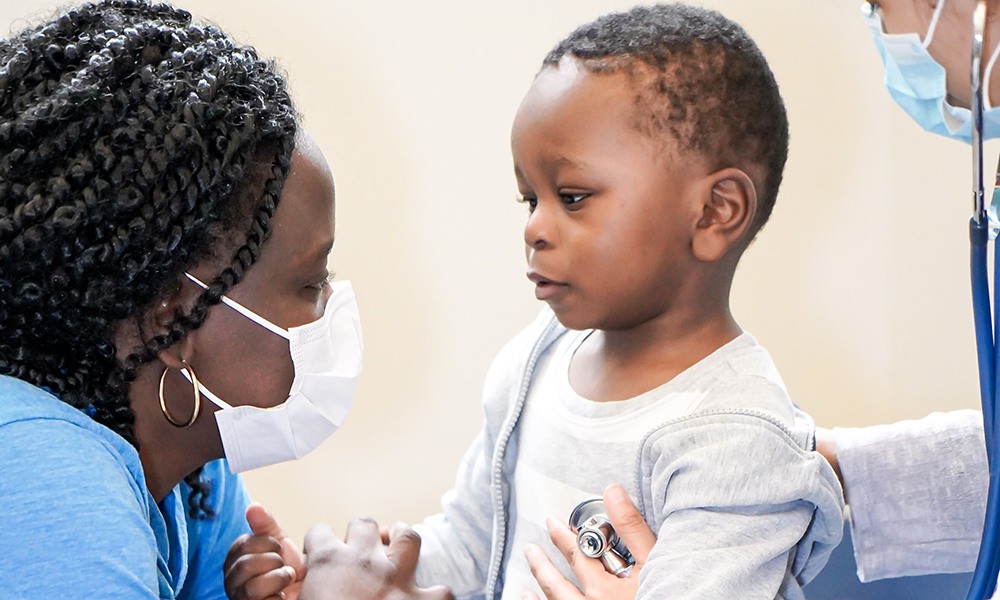Vaccinations have been a vital part of public health for over a century, protecting children from a range of serious and sometimes deadly diseases. Vaccinations work by introducing a small, harmless amount of a virus or bacteria into the body, prompting the immune system to produce antibodies that can fight off the disease if the child is exposed to it in the future.
Why Vaccinations are Important for Children
Vaccinations are particularly important for children because their immune systems are still developing and they are more vulnerable to infections. By getting vaccinated, children can build immunity to a range of diseases and avoid the serious health complications that can result from infection.
- Preventing Diseases: Vaccines work by preventing the spread of diseases such as measles, polio, and whooping cough. These diseases can cause serious health complications and even death in some cases, particularly in young children.
- Protecting the Community: When a large percentage of the population is vaccinated, it creates herd immunity, which means that even people who are not vaccinated are less likely to get sick because the disease is less likely to spread.
- Saving Lives and Money: Vaccinations have been shown to save lives and reduce healthcare costs by preventing the need for hospitalization and intensive medical treatment.
Types of Vaccinations for Children

There are several types of vaccinations that children may receive as part of their routine healthcare. These include:
- DTaP: This vaccine protects against diphtheria, tetanus, and pertussis (whooping cough), which can cause severe coughing fits that can lead to hospitalization and even death in infants.
- MMR: This vaccine protects against measles, mumps, and rubella, which can cause serious health complications including deafness, blindness, and brain damage.
- Polio: This vaccine protects against polio, which can cause paralysis and even death in some cases.
- Hepatitis B: This vaccine protects against hepatitis B, a viral infection that can cause liver damage and even liver cancer.
When to Get Vaccinated
It is recommended that children receive vaccinations according to a schedule set by their healthcare provider. Most vaccinations are given in a series of shots over the course of several months or years, to ensure that the child develops full immunity to the disease.
Parents should talk to their child’s healthcare provider about the recommended vaccination schedule and any concerns they may have about vaccinations. It is important to remember that vaccines are safe and effective, and that they play a vital role in protecting children from serious diseases.
Vaccinations are an important part of maintaining child health, protecting children from a range of serious and sometimes deadly diseases. By getting vaccinated, children can build immunity to these diseases and avoid the serious health complications that can result from infection. Parents should talk to their child’s healthcare provider about the recommended vaccination schedule and any concerns they may have about vaccinations.

